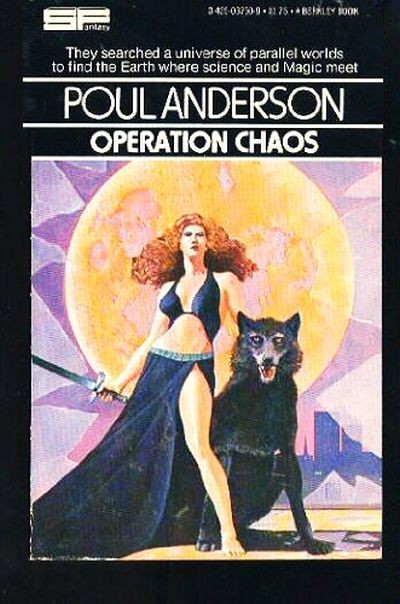★★★½
“Not sponsored by the Mexican Tourist Board.”
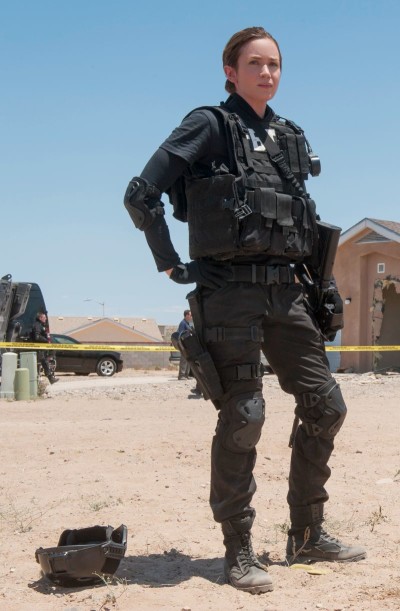 This has no small element of local resonance, kicking off in the Phoenix suburb of Chandler (albeit filmed in New Mexico!), where an FBI raid on a house uncovers dozens of bodies in the wall and a booby-trapped basement, all the results of the Mexican cartels encroaching on the United States. In the aftermath, lead agent Kate Macer (Blunt) is invited to join a group working to take down the mobsters responsible, in particular cartel boss Fausto Alarcón. To that end, she joins a force that heads across the border to Juarez, and extradite one of his associates, and then begins a plan to prod the gang’s leader in America, Manuel Diaz, into returning to Mexico for a meeting with Alarcón. Heading the force are CIA “advisor” Matt Graver (Brolin) and the even more shady Alejandro Gillick (del Toro), who has extremely personal reasons for wanting Alarcón brought to justice. Neither have quite the same attention to… procedural detail, shall we say, as Macer, and she soon discovers her new partners will go to absolutely any ends to achieve their goals.
This has no small element of local resonance, kicking off in the Phoenix suburb of Chandler (albeit filmed in New Mexico!), where an FBI raid on a house uncovers dozens of bodies in the wall and a booby-trapped basement, all the results of the Mexican cartels encroaching on the United States. In the aftermath, lead agent Kate Macer (Blunt) is invited to join a group working to take down the mobsters responsible, in particular cartel boss Fausto Alarcón. To that end, she joins a force that heads across the border to Juarez, and extradite one of his associates, and then begins a plan to prod the gang’s leader in America, Manuel Diaz, into returning to Mexico for a meeting with Alarcón. Heading the force are CIA “advisor” Matt Graver (Brolin) and the even more shady Alejandro Gillick (del Toro), who has extremely personal reasons for wanting Alarcón brought to justice. Neither have quite the same attention to… procedural detail, shall we say, as Macer, and she soon discovers her new partners will go to absolutely any ends to achieve their goals.
I’m just glad we saw this before going on holiday to Rocky Point, because between this and the documentary Cartel Land (as well as Backyard), we’ve crossed Mexico off our travel plans for the foreseeable future. Hell, Tucson is now looking a bit dubious. For it doesn’t exactly paint a glowing picture of American’s southern ally: even the cops are as likely to be gangsters as anything, and brutal violence is a casual part of everyday life. It’s a setting where, the film seems to be saying, you have to be every bit as brutal if you’re going to go against the cartels, and Macer’s high belief in “justice” is portrayed as idealistic and innocent to the point of naivety, when contrasted with the unflinching savagery of the opposition. Indeed, for much of the second half, she’s little more than a place-holder, present solely so the CIA and their assets can continue to operate with official sanction. The film becomes much more about Graver and Gillick, and the final mission sees the heroine taken out of action entirely, when her presence is no longer needed.
However, up until then, Villeneuve delivers tension by the truckload, during the opening raid, and in particular during the extradition raid to Mexico, when potential threats lurk absolutely everywhere. It had us growing very familiar with the edge of our seats for a lengthy period, and I’m feeling a bit more optimistic about the upcoming Blade Runner sequel, which Villeneuve is also directing. I’d rather have seen more of a character arc from Macer, perhaps buying further into participating in the grey-area methods of her associates, instead of becoming a bench player in what I was expecting to be her own story, and that’s why it falls short of getting unqualified approval here. However, as a grim action-thriller that pulls no punches in its depiction of the (probably unwinnable) drug war, it checks of all the necessary boxes and achieves its goals.
Dir: Denis Villeneuve
Star: Emily Blunt, Benicio del Toro, Josh Brolin, Daniel Kaluuya






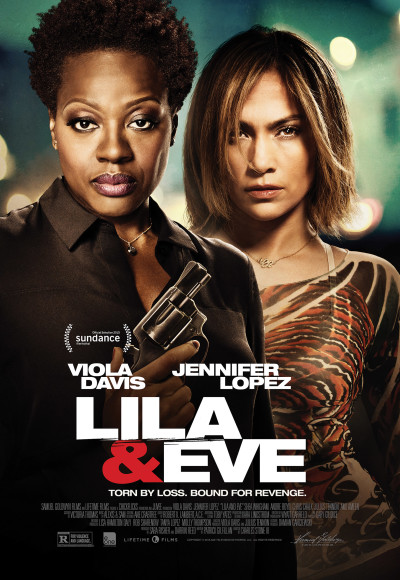

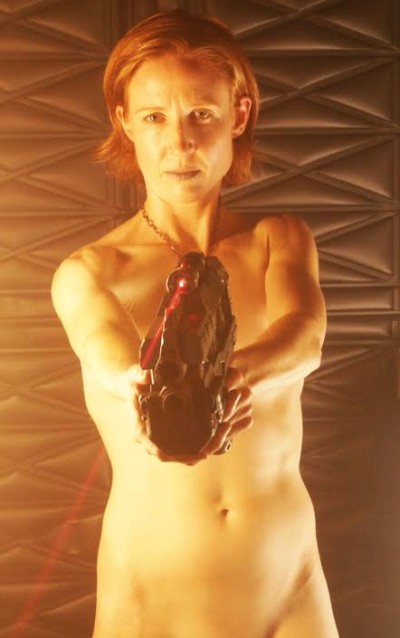
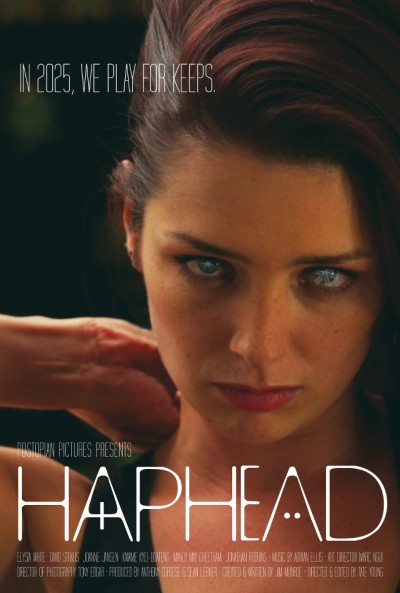
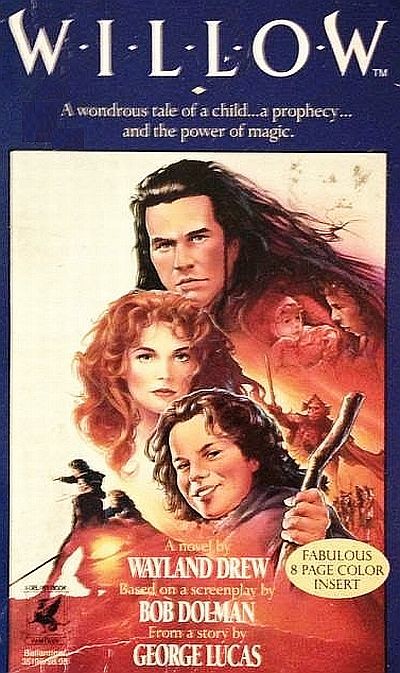
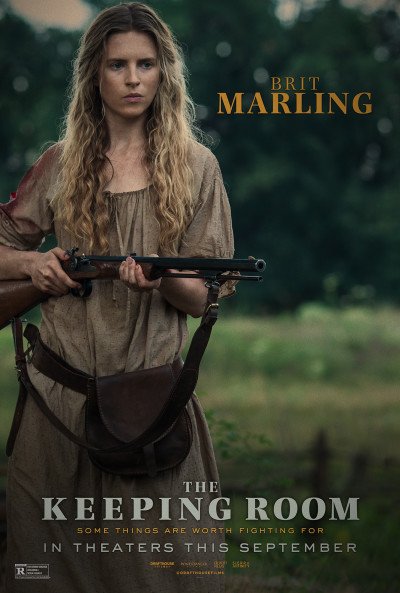
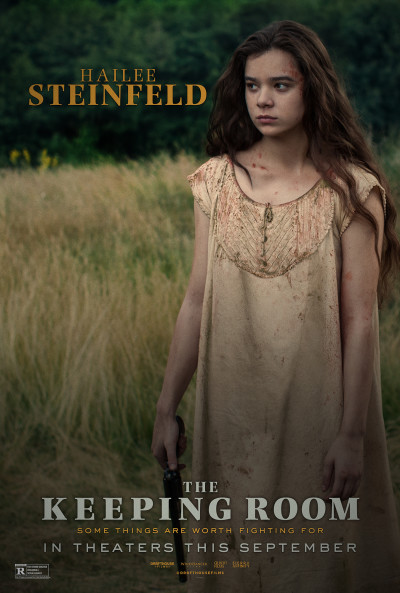

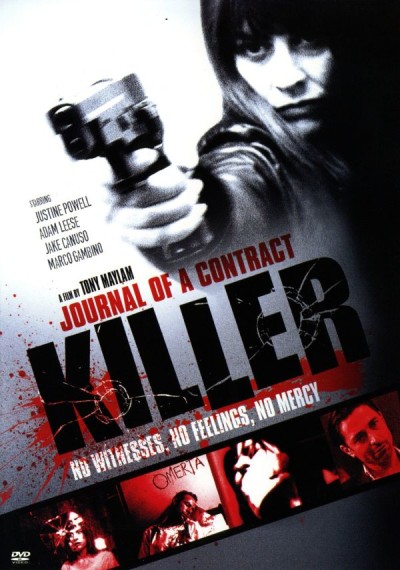 Stephanie (Powell) had been an assassin for the Italian Mafia, but had abandoned that life and settled down in London with her daughter. Years later, she is shocked to see her former lover, Alessandro (Canuso) show up at her job, and even more so when she gets an order she can’t refuse from her old employer, Franco (Gambino) – to kill Alessandro. Despite some qualms, not least how the family will react to her taking out one of their own, Stephanie carrier out the mission. But soon after, she finds herself being watched by the enigmatic Sam (Leese), who says he is there to protect her. Is that really the case, or does he have an entirely different purpose?
Stephanie (Powell) had been an assassin for the Italian Mafia, but had abandoned that life and settled down in London with her daughter. Years later, she is shocked to see her former lover, Alessandro (Canuso) show up at her job, and even more so when she gets an order she can’t refuse from her old employer, Franco (Gambino) – to kill Alessandro. Despite some qualms, not least how the family will react to her taking out one of their own, Stephanie carrier out the mission. But soon after, she finds herself being watched by the enigmatic Sam (Leese), who says he is there to protect her. Is that really the case, or does he have an entirely different purpose?